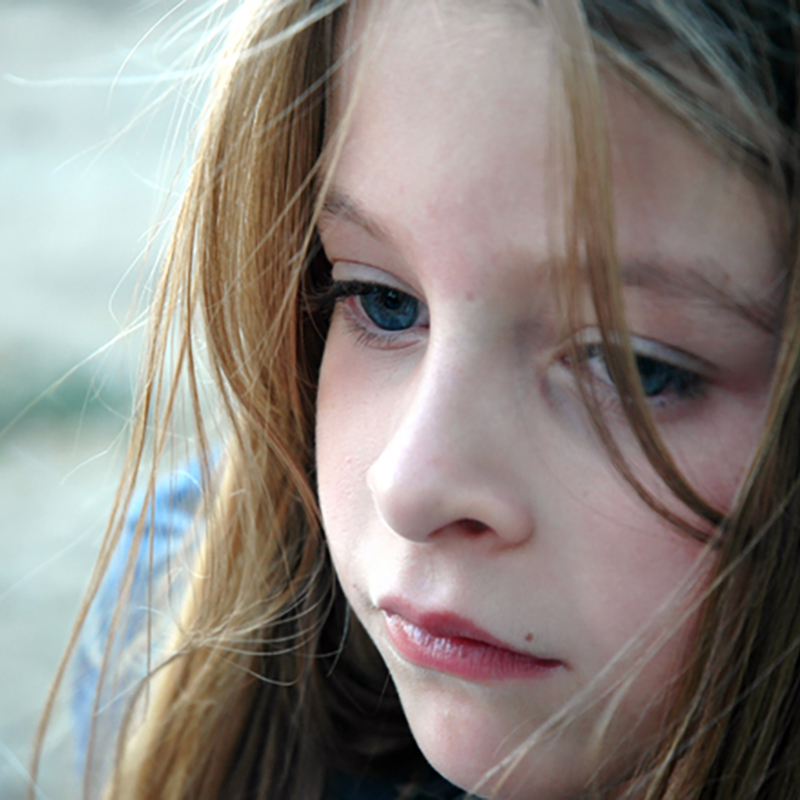School: the vital lifeline
With the school holidays now over, the return to school life will be met by many struggling families with a sigh of relief. We need to address the issues so prevalent during the summer months, and the increasing costs of raising a child, writes John Dickie.
For many of us, parents and children alike, the long school holidays are now a collection of fading happy memories of time spent with family, exploring new places and trying out new activities. But for too many families the holidays were a time of stress and pressure, and the start of the new school year the return of a vital lifeline.
The issue of ‘holiday hunger’, of families struggling to feed their children when free school meals are no longer available, has rightly begun to grab the headlines. There can be no question of the financial challenges many families face as the gap between family incomes and the cost of providing a child with even a minimum socially acceptable standard of living continues to widen. Child Poverty Action Group's (CPAG) recent Cost of a Child 2015 report found that even where two parents work full-time on the minimum wage and receive all their in-work benefits they are left 16% - over £75 - short of the basic minimum amount needed to support their family. For those out of work and wholly reliant on social security support the gap is even wider – at 43%.
But the costs of bringing up children aren’t spread evenly across the year.
It is clear from work CPAG has been undertaking this summer, in partnership with Glasgow Life, that for hundreds of parents and young people, holidays create heightened challenges. As one mum told us, during holidays “you just have to live through each day and thank God it’s one less.”
The costs of feeding children during the holidays emerged as a key issue. But it wasn’t just feeding children that posed problems. Accessing childcare and holiday activities created real challenges too.
The vast majority of parents relied on family for childcare but described feeling guilty and indebted for the help they were getting, and worried about arrangements breaking down. In many cases parents had to reduce working hours and in the worst case scenarios had to give up their jobs. For those looking for work the demands of childcare had caused them to reduce or cease job-seeking activities.
Meanwhile holiday activities were often too expensive, required advance up-front block payment or involved unaffordable travel. Valuable sources of voluntary sector support appeared to close down during the holidays adding to the pressure parents faced.
Whilst the holiday picture is grim for too many families the good news is that there appears to be an increasing awareness of the pressures they face. Several local authorities are now developing initiatives that provide both holiday activities and free meals, whilst others, like Glasgow, are proactively looking at how existing provision can be improved to remove barriers to access and better meet the needs of low-income families.
As families look set to bear the brunt of further eye-watering cuts to benefits and tax credits over the next five years there is little sign that pressures on parents will ease. But while there seems little immediate hope of reversing those cuts there are positive signs that some local authorities are rising to the challenge of providing services that provide healthy food, childcare and activities through the holidays. It is now vital that government in Scotland, local and national, builds on existing initiatives and ensures that promoting and protecting children’s wellbeing isn’t suspended just because school breaks up.
John Dickie is Director of the Child Poverty Action Group (CPAG) in Scotland
This article was first published in Children in Scotland magazine, Issue 167 (September 2015)

Do you agree?
Tell us what you think on social media. Join in the conversation #CiSMagazine
Join the conversation
Child Poverty Action
Child Poverty Action Scotland work to get a better life for low-income families in Scotland.
Visit CPAG Scotland